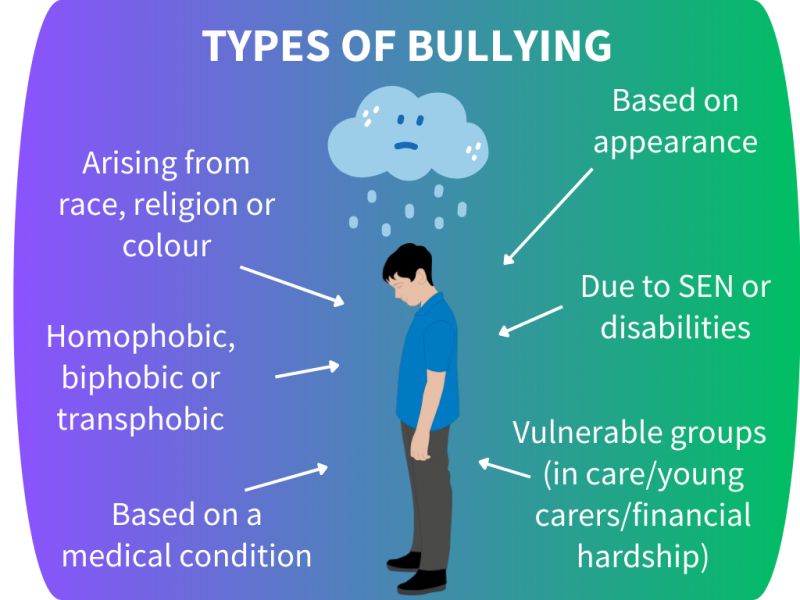Bullying, extremism and radicalisation should have no place in the educational landscape, yet unfortunately, these issues pervade schools. Optimus is launching a new self-study course to equip school staff to proactively address these problems and create safer and more inclusive learning environments for pupils.

How confident are you about dealing with bullying, extremism and radicalisation in the school setting? Do you know what indicators to look for? Are you sufficiently equipped to deal with each incident?
The education sector is in the vanguard of shaping the future of our society – not just teaching young people but helping them develop ethically as citizens. Education providers are legally obliged to adopt whole-school approaches to counter bullying and implement accountability measures. In this rapidly changing world, being aware of pupils' vulnerabilities and knowing how to address the threats they face are critical parts of your school staff's toolkit.
Prejudice-based bullying, cyberbullying, extremism and radicalisation not only impact pupils' mental and emotional wellbeing – they can threaten the overall harmony of educational institutions. It’s vital to address these challenges proactively by empowering educators with the knowledge and skills to prevent them.

Bullying of any kind causes misery for pupils and can severely impact their school experience. Ofsted's 2012 report, No place for bullying, highlighted that pupils in all of the schools surveyed could provide varied examples of disparaging language they had heard while at school. The report also identified that staff felt less confident tackling prejudice-based language. Prejudice-based bullying encompasses many forms, including:
Today’s pupils are a generation of digital natives. Ofcom's Children and Parents: Media Use and Attitude report 2023 found that in the 12–15-year-old age group, 98 per cent used apps or sites for sending messages or making calls and 93 per cent used social media. This figure was lower among 8–11-year-olds (82 per cent and 63 per cent respectively).
With the increasing role of technology in education, the insidious spread of cyberbullying has become a significant concern. Yet more than one-fifth of teachers admit that they need more confidence in advising pupils about using social networking sites safely.
What are you doing to empower staff?

The introduction of the Prevent duty following the Counter-Terrorism and Security Act 2015 was pivotal in requiring crucial training for all school and college staff. Alongside the Ofsted inspection framework, the Prevent duty outlines clear responsibilities to extend safeguarding to include potential radicalisation. It sets out a clear expectation that staff should be able to identify and respond to concerns of radicalisation and extremism.
Optimus is about to launch a new self-study course: Preventing and tackling bullying, extremism and radicalisation. The course addresses the ever-evolving challenges of the educational landscape, equipping educators with the capabilities to create safer, more respectful and more inclusive learning environments for all pupils. Suitable for all school staff, it uses case studies and dilemmas to explore key issues and how to address them.
Our comprehensive course aligns with the requirements of the Prevent duty and Ofsted's inspection framework to foster an inclusive and open culture in schools. It provides an understanding of the potential signs and indicators of extremism and radicalisation and offers guidance to referral processes to support pupils.
Take a proactive stance against all types of bullying, extremism and radicalisation in education.
Through this course, teachers will gain the practical skills and knowledge they need to promote the safeguarding and wellbeing of pupils, no matter the threat.
Deepen the impact of your wellbeing provision at this year’s Mental Health and Wellbeing in Schools. Take away effective strategies from mental health experts and leading practitioners.